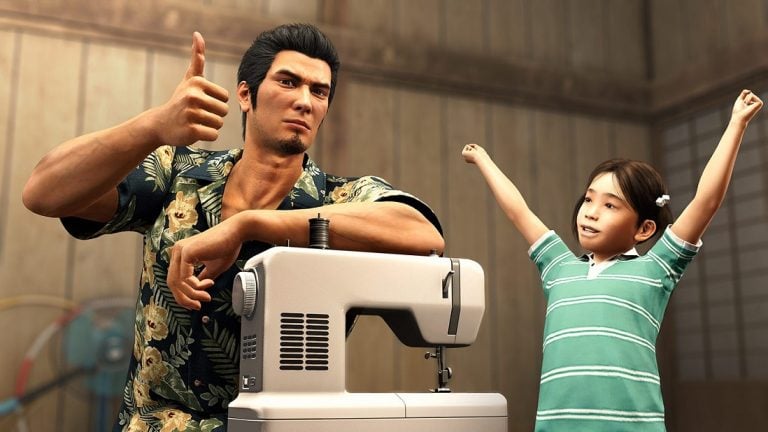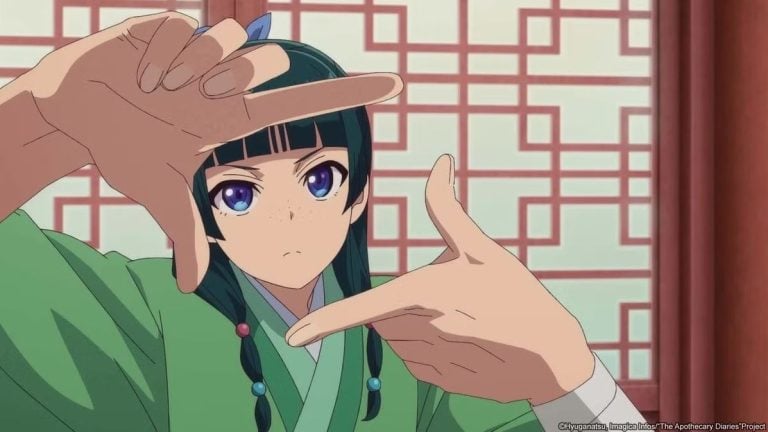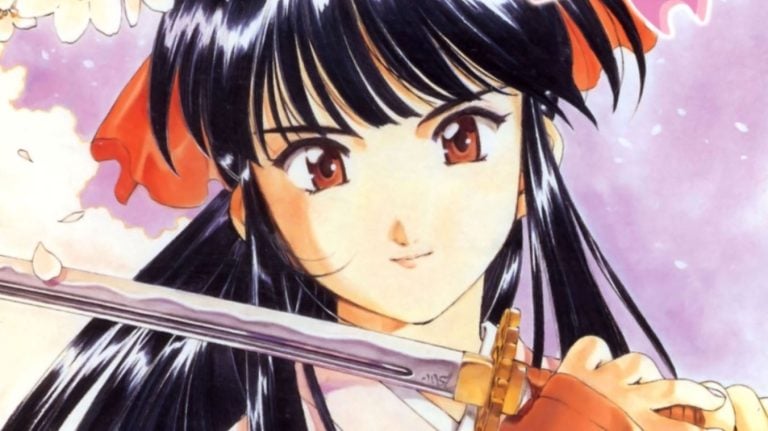Written by. Nick Mosier based on the original Japanese article (original article’s publication date: 2021-12-23 15:07 JST)
Lately, a discussion about translators’ names being excluded in the credits has been occurring between Japan’s game translators on Twitter. It’s likely that more than a few gamers are interested in knowing what companies or which translators are behind the games they play. Especially in Japan, where these days many veteran translators can be seen working in the indie space.
But just because you were responsible for translating on a project, that doesn’t necessarily mean your name will go in the credits. In more than a few cases, either at the discretion of publishers or translation companies, it never gets revealed who translated on a project. In response to this, translators in Japan have been raising their voices to call out the issue.

The origin of the discussion was a tweet from Masa Shibata, an English to Japanese translator who has worked on titles such as Rachet & Clank: Rift Apart and Eastward. Last year, Shibata worked on a title in a certain franchise. But when Shibata asked their client if it was okay to mention they worked on the project, they were told they are not allowed to include it on social media or even their resume.
After this experience, Shibata brought up the issue of credit publicly. Shibata asserts that localization companies should be approaching their clients about getting translators into the credits. Shibata seems concerned about the current climate where translators of AAA games can’t put their names out there after working on a project.
They also point out that it would be easier for veteran indie game translators to consider working in AAA if they could make public that they were involved in a project. Maintaining this status quo will only lead to translators leaving the AAA space.
Yosei Muto, a translator known for titles like Gone Home and Va-11 Hall-A is in agreement with Shibata. Muto tweeted that translators are going to be separating themselves from translation companies that don’t put their translators in the credits. He also brings up increasing rates or something as compensation in the event that credit can’t be given. Muto theorizes that veterans are heading to the indie space in search of work they think is worth doing, which includes getting credit for their work in the first place.
Muto’s wish to be included in the credits came from their involvement with Gone Home. After he could reveal he worked on the game, it had a direct impact on his career with merits such as increased rates and being exempt from translation trials.
But as to why translation companies don’t want to list translators in the credits, Muto supposes it’s partially to enclose their translators. He also thinks it has to do with the power dynamic between publishers and translation companies, and figure it’s difficult to make those kinds of requests from the translation company’s side.
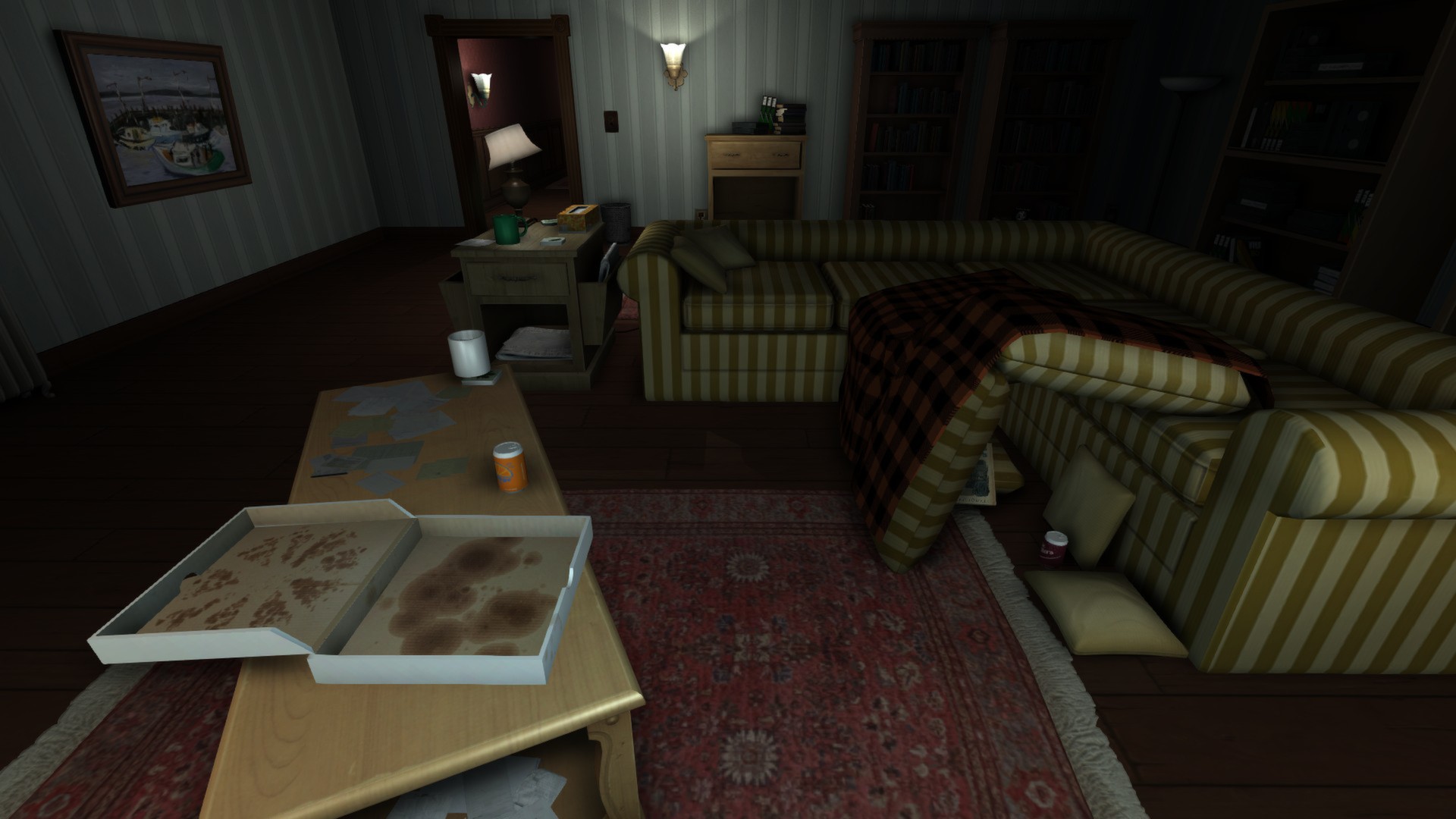
On the other hand, Muto thinks handling the translation of an indie game alone will have a greater impact on one’s resume than working on a AAA game with a large team, even if they were included in the credits. This is another reason he thinks industry veterans are focusing on indie titles.
When speaking with Muto, he said he originally mostly worked on AAA games, but due to NDAs, couldn’t make it public. Muto says since those days, he thought that for game translation to mature and establish itself like the book and movie industries, crediting translators would be necessary.
Muto also says he thought an excellent game like Gone Home should have a high-quality translation and worked on the game out of his own interest, despite being a professional. The resulting translation was even used officially in the PlayStation 4 version of the game. Muto also uses the translation for educational purposes when teaching translation. Gone Home developer Fullbright hired Muta to work on their next title, Tacoma, and the whole experience seems to have had a great impact on Muto’s career.
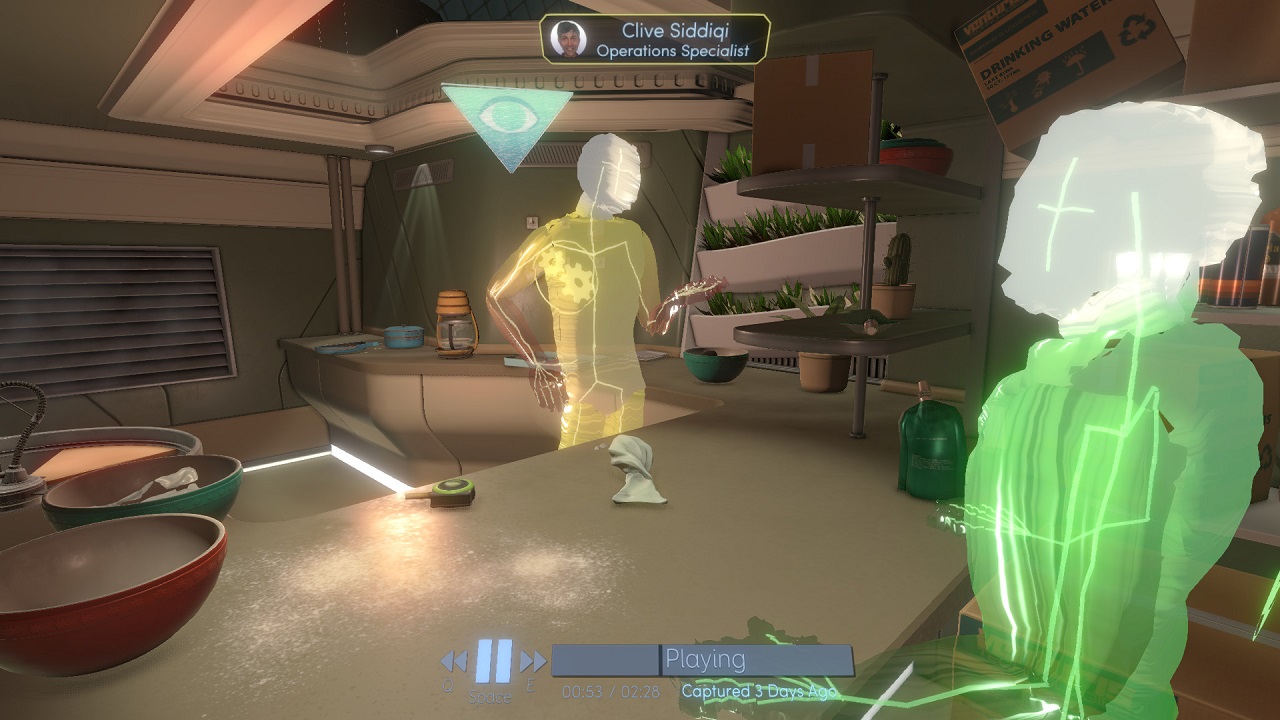
In Muto’s experience, the decision of whether to include translators in the credits or not falls on either the publisher or the translation company. He also recalled an absurd case where his name was written in the credits, but he wasn’t allowed to mention it on social media or his resume. On the other hand, Muto says he has also come across players who bought a game because of his involvement, which he was happy to hear.
Overall, having your name in the credits contributes to establishing you in the industry, according to Muto. In the current climate, it’s difficult for translators to have any discretion over if they’re in the credits or not, so in the future, Muto wants an environment where clients come in saying, “Of course, we want to push the translator’s name to the forefront.”
PLAYISM, the publishing brand of Active Gaming Media that also owns AUTOMATON, has a policy of releasing the names of translators. We can do so because we’re the one making the decision. In the case of translation companies that receive work from outside clients, whether the company or the translators’ names are listed in the credits can depend on the client.
And like other translation companies, when Active Gaming Media’s translation department does work for outside clients, whether a translator’s name appears in the credits or not depends on the client. Not only individual translators, but translation companies themselves have cases where they can and can’t make information public.
With indie games flourishing, localization and translators have been gathering more attention from players. If players shift their gaze toward translation and the demand rises, perhaps we’ll see an increase in the names of translators being made public.



